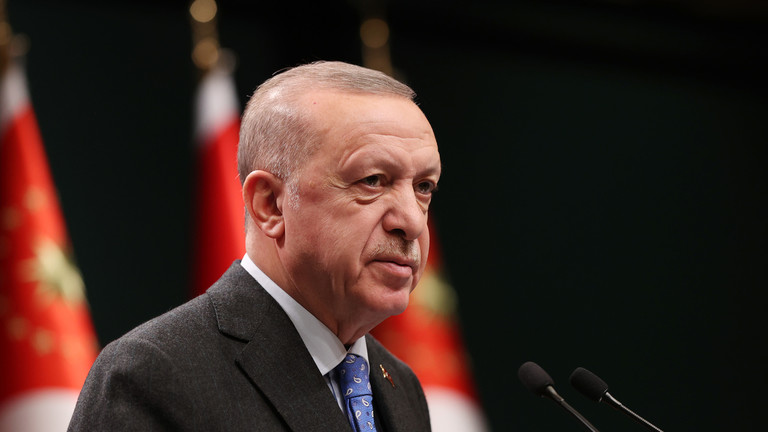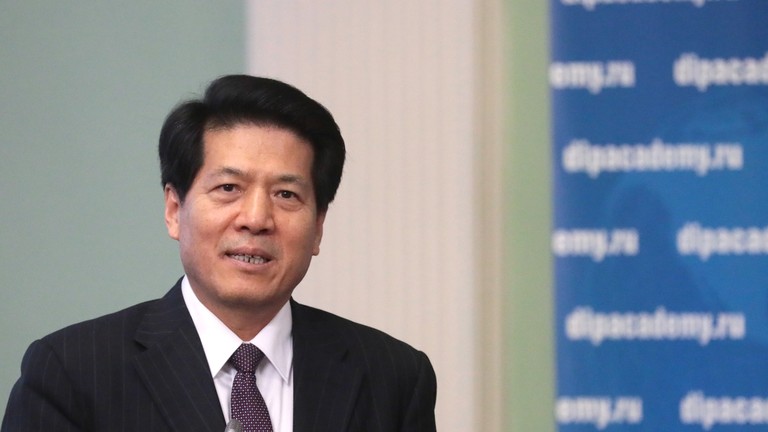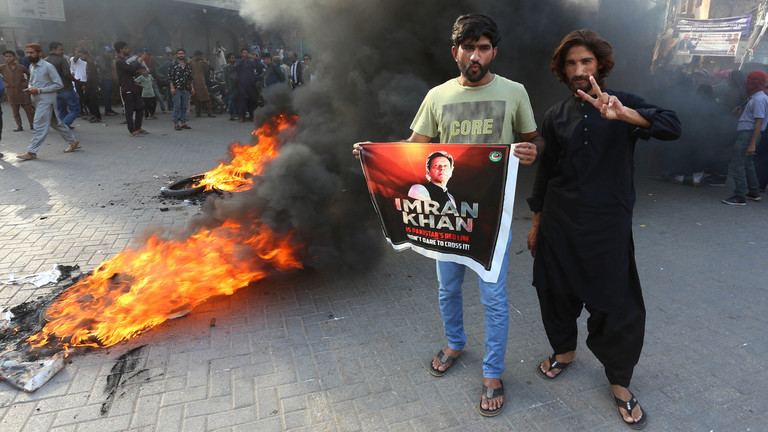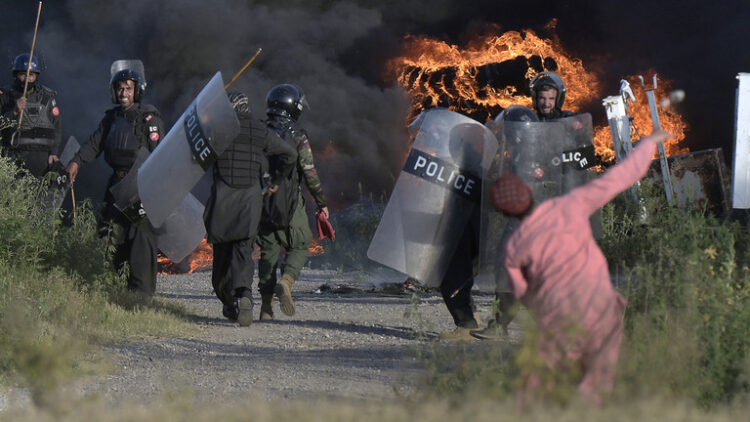
Last week, President Macron took a slapping at the polls. This week it was Marine Le Pen’s turn. The willingness of opposition parties to form an “unnatural alliance” against her means she is unlikely to ever to reach the Elysee.
All eyes were on Le Pen in yesterday’s second round of voting in France’s regional elections. With Emmanuel Macron’s party already discounted due to last week’s hammering, the focus shifted to his closest rival.
Le Pen needed a strong performance to maintain political momentum in the run-up to next year’s presidential election, but this failed to materialise. Although Le Pen’s National Rally polled around 20%, it did not win any seats, which is a bitter blow, as her party was predicted to do well in a number of regions.
The biggest setback to Le Pen’s presidential ambitions came in the Provence-Alpes-Cote-d’Azur region, where her party had been tipped to win the regional presidency. Le Pen’s candidate, Thierry Mariani, won the first round of voting last week, although with a smaller majority than opinion polls had initially suggested. Mariani secured 36% of the vote last week, compared to 32% for the sitting regional president, Renaud Muselier. Yesterday, the roles were reversed and Muselier polled 56.6% of votes against Mariani’s 43.4%.

Worryingly for Le Pen, Mariani only managed to add a derisory 7% to his previous tally, yet Muselier increased his vote by 24%. This suggests that Le Pen’s party has a loyal core vote, but is failing to attract much beyond that.
Yesterday’s poll reveals that Le Pen remains a polarising figure. Voters either strongly support or vehemently dislike her party. This would not matter under many electoral systems. For example, if the French had a similar electoral system to the United Kingdom or United States, then Le Pen’s party would have won the election. But in France, two rounds of voting are required.
Many of the left-wing parties in the region absented themselves from the second round of voting, and encouraged their supporters to back the centre-right incumbent. Le Pen therefore denounced the “unnatural alliances” that prevented her party from claiming victory. However, what happened in Provence-Alpes-Cote-d’Azur is a microcosm of the larger problem she will face next year.
Le Pen is clearly campaigning under an electoral system that is loaded against her. It is not beyond the realms of possibility that she will win the first round of voting in 2022’s presidential election, but she will find it virtually impossible to defeat a broad alliance of left-wing and centre-right voters in the second round.
Another interesting aspect of the election has been the tendency of voters to play safe. In almost all 12 of France’s mainland regions, the incumbent was re-elected. In the age of Covid vaccine rollouts, this seems to be a trend, as seen earlier this year in Wales, Scotland, and London. Electors at the moment are proving to be cautious. Le Pen will be hoping that once we move into a post-Covid world, voters will be more willing to embrace change.
Le Pen can also point to the fact that turnout remained spectacularly low, with only around 35% of the French electorate bothering to vote. If anything, these elections were a rejection of all French politicians and all political parties. Based on past trends, however, turnout will likely double for next year’s presidential election. Where these voters go is anyone’s guess, but it is clear that Le Pen needs to attract voters beyond her core 20%.
Under the French system, alliances are essential and Le Pen needs to reach out and build a broad coalition to stand any chance of winning next year. Yesterday’s result proves that she has clearly failed to do this. Regardless of her party’s name change, the softening of her image and the dilution of some of her more radical policies, a large bank of French voters still view her as the unacceptable face of politics. If Le Pen cannot attract moderate voters, then she will not even come close to winning the presidency.
So, what does yesterday’s vote suggest will happen in the future? Well, it is clear that the centre-right has returned as a major force in French politics; moreover, the Socialists, who retained a number of regions, cannot be discounted. Indeed, indications are that traditional politics is returning to France, with insurgents like Macron and Le Pen being relegated to the role of bystanders. In all likelihood, the winner of next year’s French presidential election will be the candidate who can secure what Le Pen calls the “unnatural alliance.”

Like this story? Share it with a friend!

 NEWS2 months ago
NEWS2 months ago
 NEWS2 months ago
NEWS2 months ago
 NEWS2 months ago
NEWS2 months ago
 INVESTMENTS2 months ago
INVESTMENTS2 months ago
 FINANCE2 months ago
FINANCE2 months ago
 FINANCE2 months ago
FINANCE2 months ago
 WAR2 months ago
WAR2 months ago
































